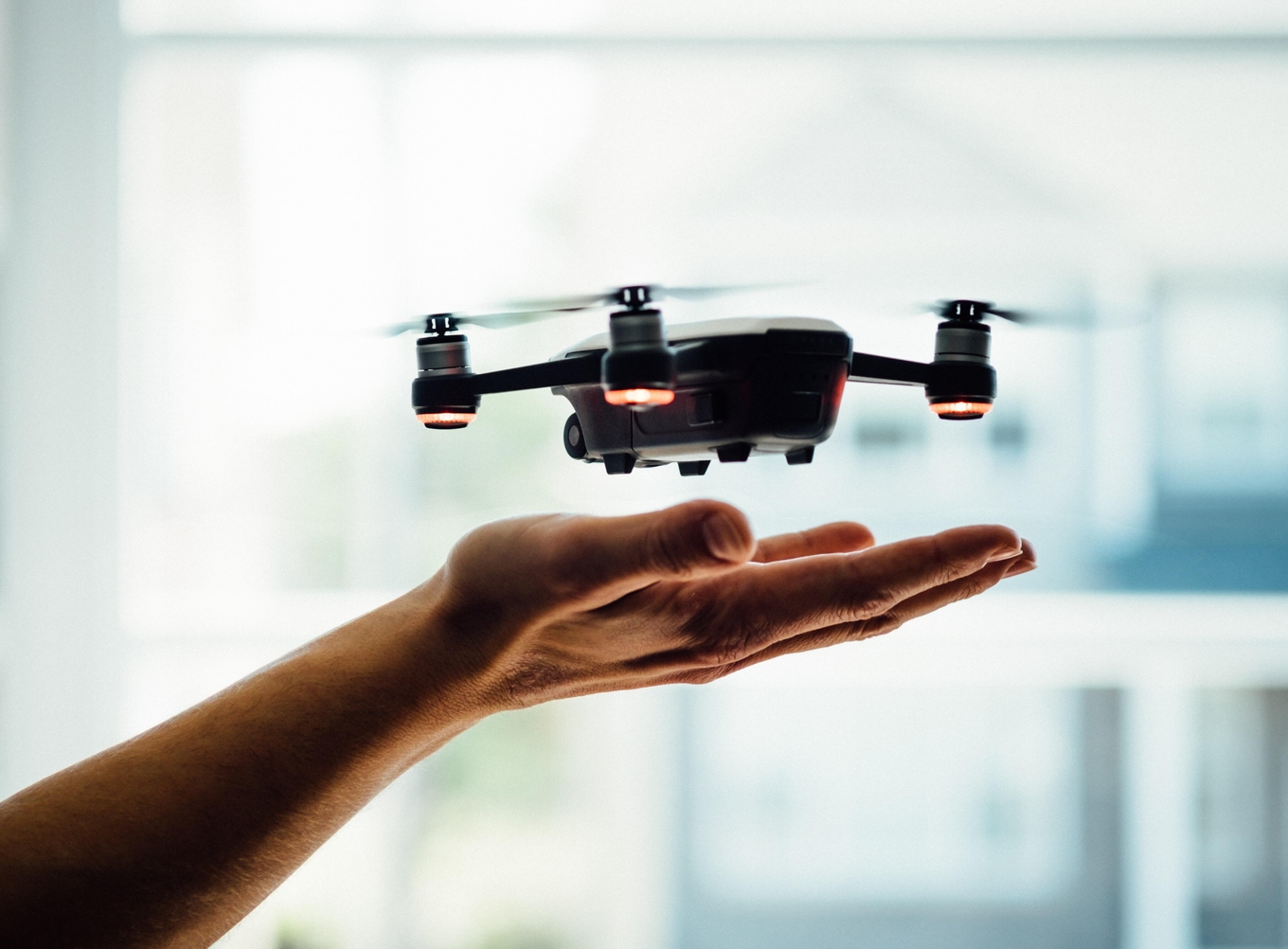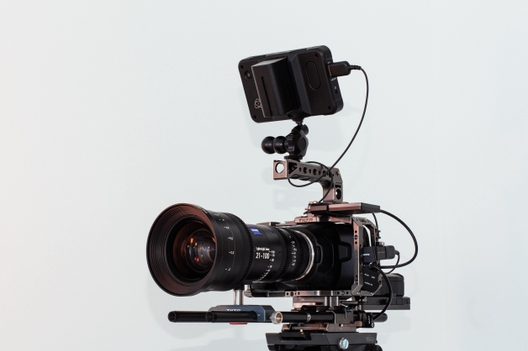Drone Regulations

Drone regulations are constantly evolving and we know that it is challenging to keep track of the current situations. Currently in Switzerland, drone regulations are not in line with the rest of Europe and thus subject to national rules. However, the Federal Council is currently in discussions with the EU on the implementation of EU drone regulations.
The Swiss Federal Office of Civil Aviation (FOCA) is not providing an official date of the application of these regulation and there is no exact schedule for the next steps in the process of this impending change.
Nevertheless, we feel it’s best to anticipate this change and want to inform you how you could best prepare yourself for the future.
Under the EU regulations, the drone pilot must first follow six principles
- Check RPAS Map for zone eligibility
- Avoid assemblies of people: it is not permitted to fly directly over uninvolved persons or assemblies of people.
- Height: maximum 120m (otherwise a special permit is required)
- Maintain visual contact with the drone at all times. It is also the drone operator's responsibility to maintain sufficient separation from other aircraft
- Respect other people's privacy: never fly drones low over private property or public sites where people gather
- Insurance for Drone Liability: Always required for drones weighing 250g and over – A minimum level of 1,000,000 Swiss francs of coverage is required
YES, I can comply with these regulations
Then I fly my drone in the open category. My drone is not subject to licensing. But there is a basic registration obligation of the pilot. All other regulations depends on the weight of my drone >> see drone classes C0 to C4.
NO, I cannot comply with these regulations
Then I fly my drone in the specific category. I have to get my drone flight approved by the Federal Office of Civil Aviation (FOCA) because it poses an increased safety risk.
EU law distinguishes three categories for the operation of drones:
Open category:
Drones can be used without a permit if they are flown on sight, remain below 120 m in altitude and have a maximum flying weight of 25 kg. Depending on the weight of the drone, there are restrictions on how close to uninvolved persons it can be flown. The pilot must register with the aviation authority.
Specific category:
Drones are operated for which a permit from the aviation authority is required, for example if they are flown out of the pilot's line of sight. As a drone pilot in the special category, theoretical and practical training is mandatory.
Certified category:
Intended for drone flights with high safety requirements, for example, for passenger transport. Drones in this category have a size of at least 3 meters. The scope of the legal provisions hardly differs from manned aviation.
The new regulations introduce the CE marking and a class marking:
The new drone regulation stipulates that any drone in the open category must have a CE marking and a class marking (C0, C1, C2, C3, C4).
CE marking:
By means of the CE mark, the manufacturer of your drone declares that it meets the applicable technical requirements. In this way, the manufacturer ensures that the device complies with the applicable quality and safety standards.
Class marking:
The class mark determines the operating capabilities of your drone, as well as the requirements which pilots must meet.
If your drone does not have a CE Marking and Class Marking, you will need to change your drone before 2024.
Your situation with Backbone 🇨🇭🇪🇺
If you currently own a drone weighing less than 250 grams, it means your drone is under the Subcategory A1. The rules for this subcategory are the following:
Online registration:
You are required to register with the official operator registry, UAS.gate. Switzerland has not yet adopted the EU drone regulation, registration is therefore voluntary and free of charge for drone pilots in Switzerland until further notice.Proof of completion of online training if drone weight is more or equal to 250 grams
Once the Drone Operator has registered, he/she must also complete an online self-study course, which will teach about the rules and regulations which apply to flying a drone in the weight class of reference. The knowledge acquired is tested directly with exam questions. This is a multiple-choice theory exam with 40 questions. Passing the exam is mandatory and cannot be compensated by way of existing licences or certificates. Training and exam are voluntary and free of charge for Swiss drone pilots until further notice.
In anticipation of the adoption of the EU rules, we invite you to proactively do the online registration and participate in the online training if required.
For more information, please visit Dronerules.eu
This communication is purely informal with the goal to inform our Creative Community in the evolving drone landscape, and cannot be used as official communication of competent authority








